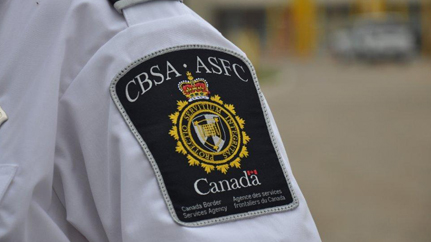Under General Preferential Tariff (GPT) Withdrawal Order SOR/2013-161, goods imported to Canada from over 70 countries are set to lose their GPT benefits on January 1, 2015. This means that they will generally be subject to higher customs duties, and as the countries on the list include major consumer electronics manufacturers like China and South Korea the withdrawal has sometimes been known as the “iPod tax”.

However, applying Tariff Item 9948.00.00 to consumer goods seemed somewhat problematic in light of the CBSA’s own 2007 Memorandum D10-14-51 on tariff classification policy for the item. While the item could be used for any goods that potentially met its use requirements, with no upfront proof of actual use, importers were also directed to be ready to “provide end-use certificates confirming that the goods were solely used for the purpose for which they were imported” upon request. If the goods were diverted to a non-qualifying use within four years, the importer would become liable for customs duties ordinarily payable without the application of Tariff Item 9948.00.00.
Now, it seems unlikely that many consumers actually divert their iPods to some other use, but it would obviously be impracticable for an importer to acquire end-use certificates proving that none of them had done so. Confusion on this point prompted the CBSA to issue Customs Notice 13-015 as a clarification of the Imported Goods Records Regulations on June 28, 2013. With immediate effect, the notice allowed an importer of commercial goods to attest to their intended use rather than getting certificates of actual use from consumers. (Importers still have to inform the CBSA of any usage diversions they become aware of.)

Coming on top of the CBSA’s repeated assurances that consumer electronics are eligible for the Tariff Item 9948.00.00 benefit with no requirement for end-use certificates, the remission order should put importers’ minds at ease on the subject. It’s now highly unlikely that any importation of such goods would be deemed to fall outside Tariff Item 9948.00.00 and subjected to duty either initially or after the fact.
A few caveats remain: standards for recordkeeping and the attestation of intended use have yet to be finalized, and a certain number of electronic items may not fall under Tariff Item 9948.00.00 to begin with, in which case they’ll still be affected by the GPT withdrawal. But this seems like as good a time as any to put fears of an “iPod tax” to rest once and for all.

 Payment
Payment  My Account
My Account